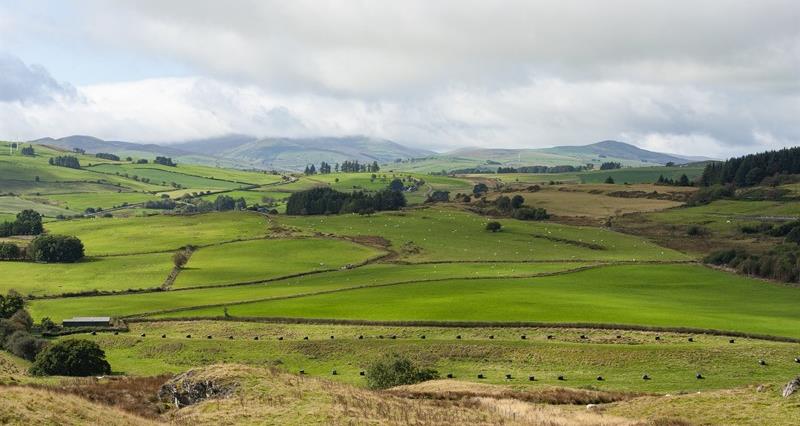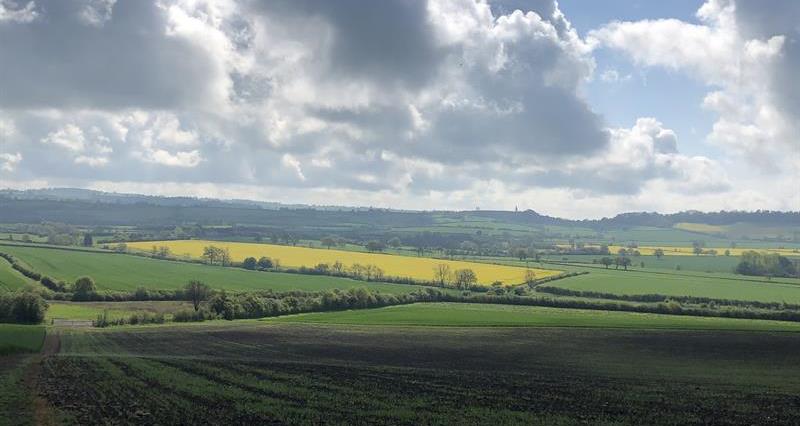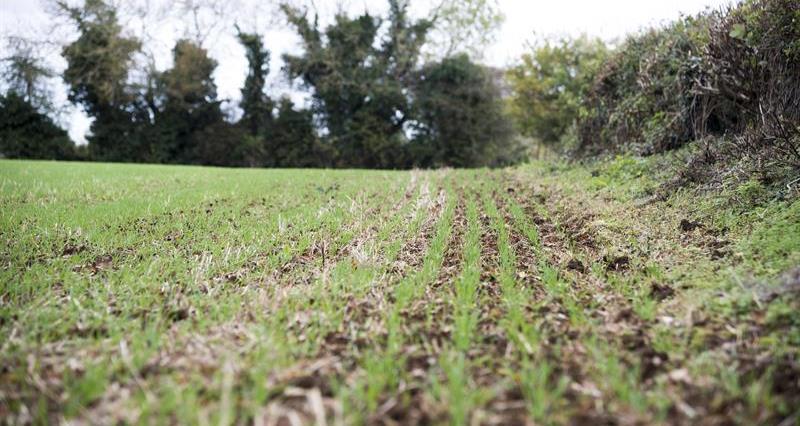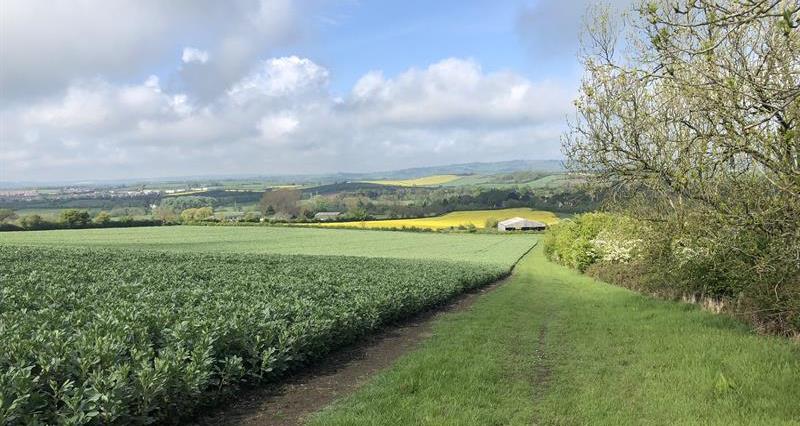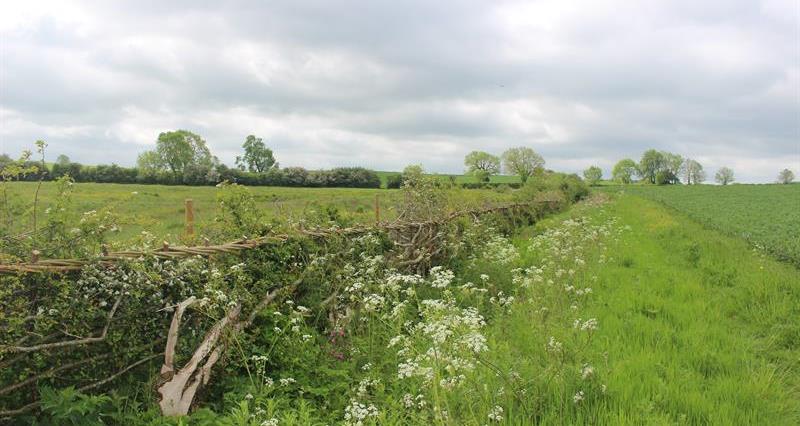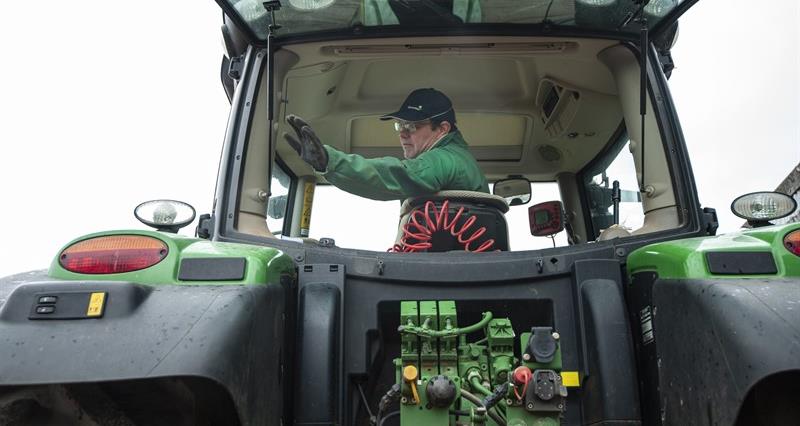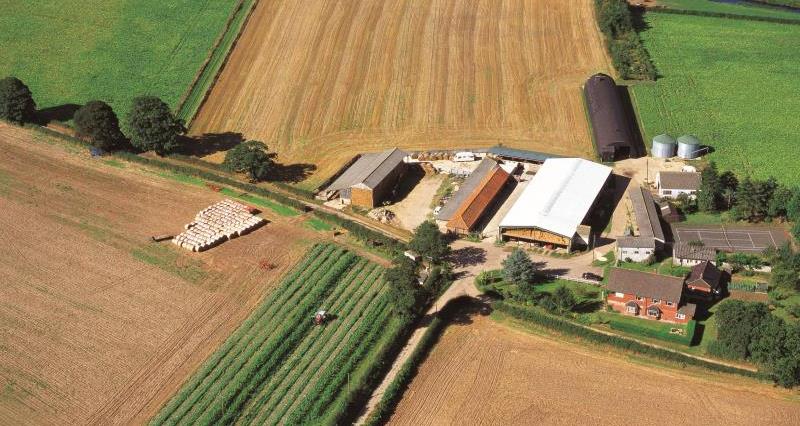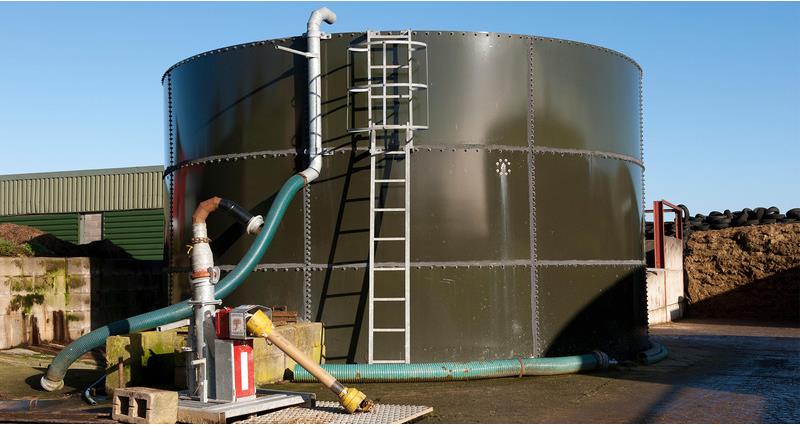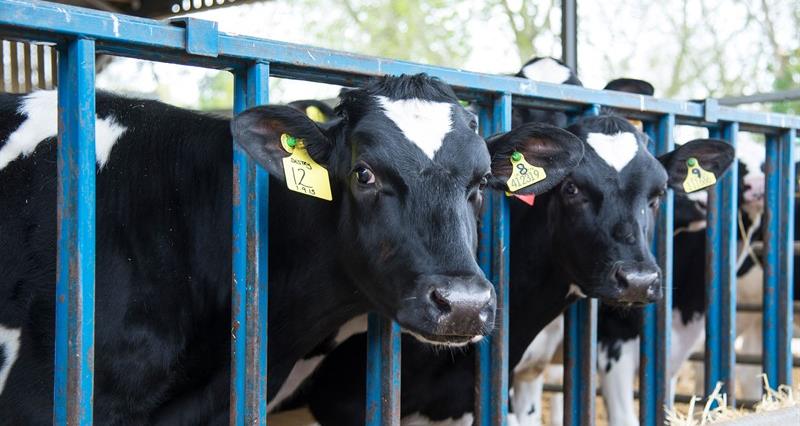As the delinked payment transfer window closes on 10 May, it is important for businesses considering a transfer for their reference amount to complete the relevant process before then.
In the vast majority of cases, a business can submit a transfer request online, using the Rural Payments service, the guidance for this can be found at: GOV.UK | How to make a delinked payments reference data transfer request.
If you are planning a transfer, then it will be important to consider the information that has been circulated since early November on delinked payments. All of the available information can be found either on NFUonline and GOV.UK.
For those unable to complete an online transfer you can submit a paper form. There are six reasons which require a paper form to be submitted, rather than an online request, so it will be important to consider these to determine whether or not a paper form is needed.
Guidance relating to the paper form for delinked payments can be found at: GOV.UK | Delinked payments transfer request form.
If you have an urgent query, then please contact CallFirst who will be able to support you on 0370 845 8458.
Cross compliance finished at the end of 2023, as a continuation of the Agricultural Transition Plan as we move towards a body of domestic agricultural regulation.
In most cases, the rules under cross compliance have continued under their respective domestic rules and regulation, meaning there is no material change to most of the rules farmers will be familiar with.
There are however exceptions to this such as the rules contained under the old GAEC 7A which was concerned with hedgerows and their management.
Last year saw a Defra consultation on hedgerow management which was the first step in designing a new regulatory approach concerning hedgerows.
This is likely to be the first of several consultations as Defra works on some of the other elements of agricultural transition.
Since the consultation, Defra has put forwards its proposals for a domestic set of regulations. The expectation is that these will pass through parliament during this summer to come into effect later this year.
The proposals currently replicate the majority of the previous cross compliance rules, with the occasional tweak to improve the regulatory process. What is new is the inclusion of a range of civil sanctions which are proposed to be used by the RPA alongside criminal prosecution and financial penalties. These will, however, be used more proportionately and there is an ongoing commitment by the RPA to be more cooperative with farmers than has been witnessed previously.
Elsewhere, is important to note that the Farming Rules for Water continues to cover margins next to water courses and prevention of soil erosion, so those rules still need to be considered.
For the main regulations you need to continue to consider, please see the government page at: GOV.UK | Rules for farmers and land managers.
The Countryside Stewardship and Environmental Stewardship revenue claim window is now open for submissions.
The closing date for this window is 15 May at 11.59pm to submit without reduction.
It is important to submit your agreement in good time, otherwise you may be subject to reductions imposed by the RPA, which could be up to a quarter of your claim if you submit between 16 May 2024 and 2 September 2024.
For Countryside Stewardship agreement holders, the process is much the same as previous years. The first step is to ensure your land use codes are up to date, and that this is compatible with any of your other existing agreements, such as SFI.
The annual revenue claim form will be available online to those who submit them; if there is no change from the previous year then an automated form can be automatically completed without the need to complete each section individually.
If there is a change from the last year, or your agreement includes rotational options, then you will need to tell the RPA.
For those with and Environmental Stewardship agreement, the form will be sent to you either by post or by email. The same deadline of 15 May will also apply, meaning the RPA must receive it by that deadline.
SFI continues to attract applications from interested farmers, with more than 17,000 applications submitted so far.
Applicants can choose from 23 options currently available and can either add in further options at the end of their first year, or make a second agreement later this year to take advantage of the latest SFI 2024 offer.
The government recently implemented a cap of 25% of agreement land for the following six options:
- Flower-rich grass margins: IPM2
- Pollen and nectar flower mix: AHL1
- Winter bird food on arable and horticultural land: AHL2
- Grassy field corners and blocks: AHL3
- Improved grassland field corners or blocks out of management: IGL1
- Winter bird food on improved grassland: IGL2
This was done due to concerns over misapplication of the aims of the SFI offer, as ‘taking more land than that out of production on any given holding is unlikely to benefit the environment or food production’ according to Defra.
The Farming Equipment and Technology fund continues to develop from the 2023 offer, with a wider range of opportunities this year.
The new scheme has dedicated themes for productivity, slurry and animal health and welfare. This is alongside three application windows expected to open throughout 2024, meaning farms can decide to apply when it is convenient and viable for them to do so.
The first application window closed on 17 April for the productivity and slurry themes, while the animal health and welfare theme closed on 1 May. The dates for the further rounds are not yet known, however, more information on the equipment available, the rates of funding and the wider offer of the grant can be found on our dedicated Farming Equipment and Technology page.
If you have applied for the Lump Sum Exit scheme but have not yet submitted your evidence declaration to demonstrate the disposal of land and surrendering of BPS entitlements (via the evidence form), you have until 31 May 2024 to submit this form to the RPA.
Alternatively, you can also choose not to submit a claim and receive delinked payments, provided you were eligible.
Further information is available on our website at: Lump Sum Exit Scheme application window reminders.
The evidence form can be accessed at: GOV.UK | Lump Sum Exit Scheme: entitlements and evidence form.
Defra continues to offer up a variety of different grants to support farmers during the Transition period.
For those who were successful in the initial application stage of the Calf Housing Grant for Animal Health and Welfare, there is a further deadline of 30 April 2024 at 11.59pm for the ambient environment checker required as a part of the grant offer.
There was separate guidance available for housing planned for sheltered, semi-sheltered and exposed locations with their own standards and requirements. To be invited to make a full application, there needs to be a successful ambient environment assessment. If your assessment is not successful, the RPA may request further details and potentially share this information with third party experts in calf housing for further assessment.
The Small Abattoir Fund has an allocated £4 million available to support smaller abattoirs across England.
The fund aims to improve productivity, enhance animal welfare and to encourage investment and adoption of new technologies across the industry. Grants will be available for between £2,000 and £60,000, and the grant itself will remain available to applicants until 30 September 2024.
The Water Management Grant has had two rounds so far.
Round 2 is currently ongoing for those who applied in 2023, with a final deadline of 31 October 2024 at 11.59pm. This application must include planning and abstraction licences.
A third round of the water grant is anticipated, however dates have not yet been confirmed.
The Slurry Infrastructure grant has two ongoing rounds.
For those who applied for round 1, the deadline for submitting your full application is 28 June 2024.
This includes securing planning permission and will be required for the 374 projects still involved with round one of the grant.
For those looking to apply for planning permission, read our planning guidance page.
For round 2, you must submit your location and design assessment by 30 September 2024. Once this is complete, applicants will have until 27 June 2025 to submit their full applications by 11.59pm.
Round 2 pays between £25,000 and £250,000 to improve slurry storage to go beyond the legal minimum. The grant is only applicable to slurry stores in England.
For those interested in the grant, it is crucial to consider the wider guidance in detail which can be found at: GOV.UK | Slurry Infrastructure grant Round 2: applicant guidance.
For those who believe they have a suitable proposal and wish to consider the application process, the online checker and initial application process can be accessed at: GOV.UK| How to apply for a Slurry Infrastructure grant round 2.
If you are unsure about the grant and whether it is suitable for you, you can read our NFU page outlining the details of the grant.
A third round is anticipated to open in 2024 and details for this will be circulated as soon as they are announced.
The Future Farm Resilience Fund continues to be available to those who have not yet taken advantage of the free and confidential business support available.
Funding has been allocated to providers on a national and regional basis, meaning a farmer can choose the provider that is right for them.
The grants aim to provide support that helps businesses adapt to the new regulatory environment through helping them identify how these changes will impact them, and what they can do and when to do it in order best benefit their business.
It is important to remember that this offer is aimed at looking at the farming business, not necessarily the access to support payments. For more information please refer to our FFRF (Future Farming Resilience Fund) guide.
If you are unsure about engaging with a provider, please refer to the information online. Defra states that you are welcome to get introductory help and information from multiple providers and you can attend as many opening webinars or workshops as you like, but you can only receive detailed one-to-one support from a single provider.
Further guidance on the Fund is available here: GOV.UK | Farming Resilience Fund: free business advice for your farm.
Support is only available until early 2025, so for those wanting to access this support, it will be worth applying and engaging sooner rather than later, to avoid potential disappointment or oversubscription to certain providers.
As part of its Animal Health and Welfare Pathway, since February 2023 Defra has been offering eligible livestock keepers a funded vet visit.
Since late August 2023 Defra has made a number of changes to improve the user experience and clarified the use of the review.
The scheme is now approaching the second annual vet visit; it is worth remembering that there is now no need to submit an expression of interest, nor is there a BPS claimant requirement to access this support either. The main requirements now relate to the number of livestock a farmer is responsible for. Currently the visit is only able to cover one species per visit.
If you already had a review in 2023, a second review can be organised as long as it has been 10 months since the date of your previous agreement start date. A new agreement will be needed for each review annually.
You can also ask the vet to provide a VAN (Vet Attestation Number) for the report to allow it to be used for the new veterinary attestation requirements introduced recently in December.
For more information please refer to our page at: Everything you need to know about the SFI annual health and welfare review.
Eligible farmers can find out what the review includes and how to sign up at: GOV.UK | SFI annual health and welfare review.
The annual vet visit is the first element of the government’s Animal Health and Welfare Pathway which is being developed to support continuing improvements in farm animal health and welfare in England.
